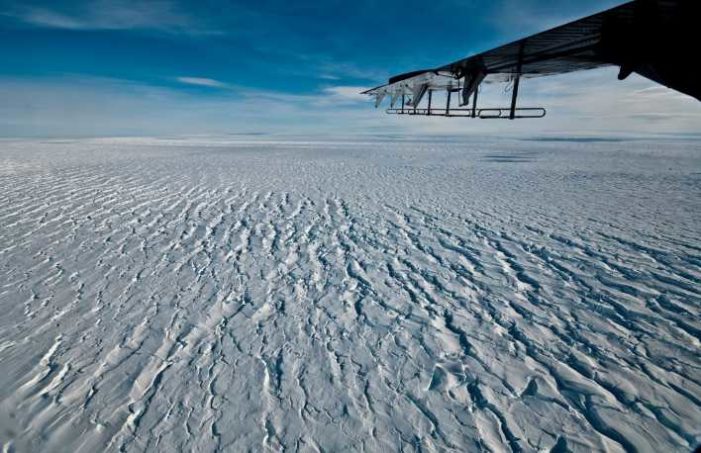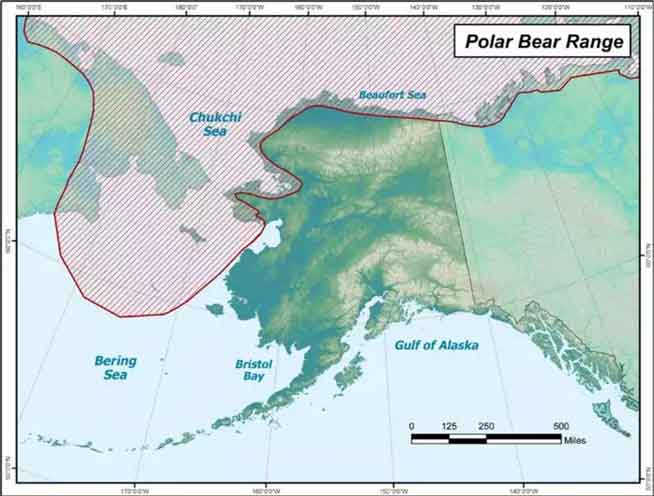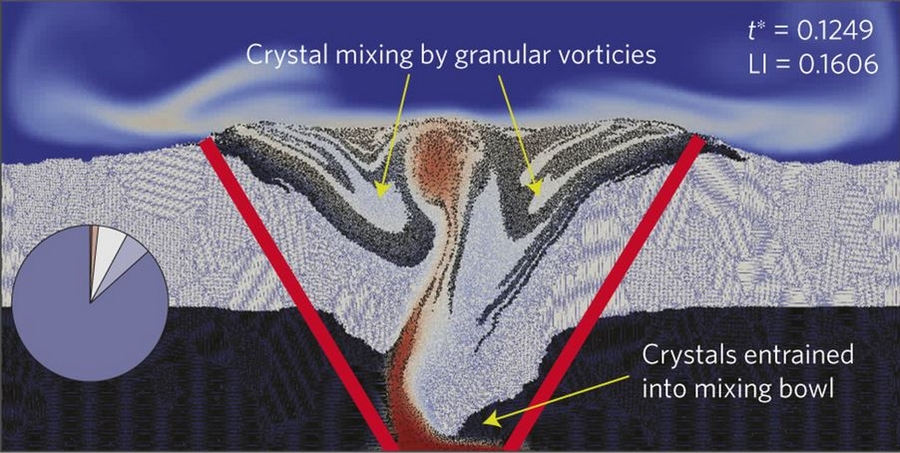Edge of Pine Island Glacier’s Ice Shelf Is Ripping Apart, Causing Key Antarctic Glacier to Gain Speed

The ice shelf on Antarctica’s Pine Island Glacier lost about one-fifth of its area from 2017 to 2020, mostly in three dramatic breaks. The timelapse video incorporates satellite images from January 2015 to March 2020. For most of the first two years, the satellite took high-resolution images every 12 days; then for more than […]



